
Symptoms That Can Be Caused by Stress

Stress isn’t just something we “feel” mentally — it shows up in the body in real, tangible ways. Whether it’s a nagging ache, a breakout, or a racing heartbeat, your body often detects and reacts to stress before your conscious mind even registers it.
Understanding how stress manifests physically can help you take proactive steps before it leads to burnout or chronic health problems. Here are seven common physical symptoms of stress, along with simple, science-backed strategies to help ease each one.
1. Muscle Tension & Aches
Where it shows up: Neck, shoulders, back, and jaw
When you're under stress, your body tenses up instinctively — it’s part of the fight-or-flight response. Over time, chronic tension can lead to stiffness, soreness, tension headaches, and even TMJ (jaw pain from clenching).
✅ Try this:
-
Start your day with 5–10 minutes of gentle stretching or yoga
-
Use heat therapy (a warm compress or Epsom salt bath) to relax tight muscles
-
Practice progressive muscle relaxation — consciously tighten and release each muscle group
-
Stay mindful of your posture, especially if you sit at a desk for long hours
Even a quick stretch between Zoom calls can provide immediate relief.
2. Headaches or Migraines
Where it shows up: Forehead, temples, or base of the skull
Stress-related headaches, especially tension headaches, feel like a dull, persistent pressure or band around your head. Migraines may also be triggered or worsened by stress, often accompanied by nausea or light sensitivity.
✅ Try this:
-
Reduce screen time and practice the 20-20-20 rule (every 20 minutes, look at something 20 feet away for 20 seconds)
-
Drink more water — even mild dehydration can trigger headaches
-
Use cold or warm compresses depending on the type of headache
-
Incorporate breathing exercises, aromatherapy (lavender oil can help), or light stretching into your daily routine
For migraine sufferers, tracking potential stress triggers in a journal can be a game-changer.
3. Digestive Issues
Where it shows up: Stomach, intestines, or appetite changes
The brain and gut are closely connected through the “gut-brain axis.” Stress can disrupt digestion and lead to symptoms like bloating, constipation, diarrhea, nausea, or even irritable bowel syndrome (IBS).
✅ Try this:
-
Eat small, balanced meals at consistent times
-
Avoid processed, greasy, or overly spicy foods during stressful periods
-
Drink herbal teas like ginger, peppermint, or chamomile to soothe your stomach
-
Chew slowly and eat mindfully — avoid multitasking while you eat
If digestive issues persist, consider speaking with a healthcare provider or nutritionist.
4. Rapid Heartbeat or Chest Tightness
Where it shows up: Chest, heart, and breath
Stress triggers the release of adrenaline and cortisol, speeding up your heart rate and tightening your chest. While usually harmless, these symptoms can mimic more serious issues, adding to anxiety.
✅ Try this:
-
Practice box breathing: inhale for 4 seconds, hold for 4, exhale for 4, hold for 4
-
Go for a brisk 10-minute walk — movement helps burn off stress hormones
-
Use grounding techniques (touch something cold, focus on your senses) to stay present
-
Limit caffeine and alcohol, which can amplify symptoms
If heart-related symptoms are frequent or intense, it’s always best to consult a doctor to rule out any underlying conditions.
5. Skin Breakouts or Rashes
Where it shows up: Face, back, chest, or hands
Stress can wreak havoc on your skin. Cortisol stimulates oil production, leading to acne, while inflammation may trigger conditions like eczema, psoriasis, or hives.
✅ Try this:
-
Stick to a gentle skincare routine and avoid harsh scrubs
-
Prioritize sleep — skin repairs itself overnight
-
Stay hydrated and limit sugar and processed foods, which worsen inflammation
-
Avoid touching your face throughout the day
You may also consider using calming skincare ingredients like aloe vera, green tea extract, or niacinamide.
6. Insomnia or Restless Sleep
Where it shows up: Trouble falling asleep, staying asleep, or waking up too early
Stress ramps up your nervous system, making it harder to relax. Elevated cortisol levels can disrupt melatonin production, leaving you tossing and turning all night.
✅ Try this:
-
Establish a consistent sleep routine: go to bed and wake up at the same time every day
-
Create a calming wind-down ritual: try reading, journaling, or taking a warm bath before bed
-
Avoid screens at least 1 hour before sleep — blue light interferes with melatonin
-
Natural aids like chamomile tea, magnesium, or melatonin supplements (used sparingly) can help
If anxiety is keeping you up, write down your worries in a journal to “offload” them before bed.
7. Frequent Illness or Weakened Immunity
Where it shows up: Colds, fatigue, infections, or slow healing
Chronic stress suppresses immune function, making your body more vulnerable to illness. You may notice you get sick more often, take longer to recover, or feel constantly run-down.
✅ Try this:
-
Eat immune-supportive foods like citrus fruits, leafy greens, garlic, and yogurt
-
Get at least 7–8 hours of quality sleep per night
-
Engage in regular, moderate exercise (even walking counts!)
-
Take time off to rest and recover when you’re feeling depleted — pushing through often backfires
Practicing gratitude or mindfulness can also reduce cortisol levels over time, giving your immune system a break.
Final Thoughts: Your Body Is Talking—Are You Listening?
Your body is incredibly wise. It often sends subtle (and sometimes not-so-subtle) signals when you're under more stress than you can handle. From sore shoulders to sleepless nights, these physical signs are your body’s way of waving a flag and saying, “Hey, slow down.”
The good news? You don’t need to overhaul your life to feel better. Even 10–15 minutes a day of intentional rest, breathing, movement, or quiet time can make a big impact over time.
Start small. Pick one symptom that resonates with you and try one of the strategies listed. Your body — and your mind — will thank you for it.
News in the same category


A Scientific Look at Oregano’s Role in Supporting Wellness

Scientists discover ‘stealth bacteria’ from your mouth are hiding in your arteries and triggering heart at:tacks
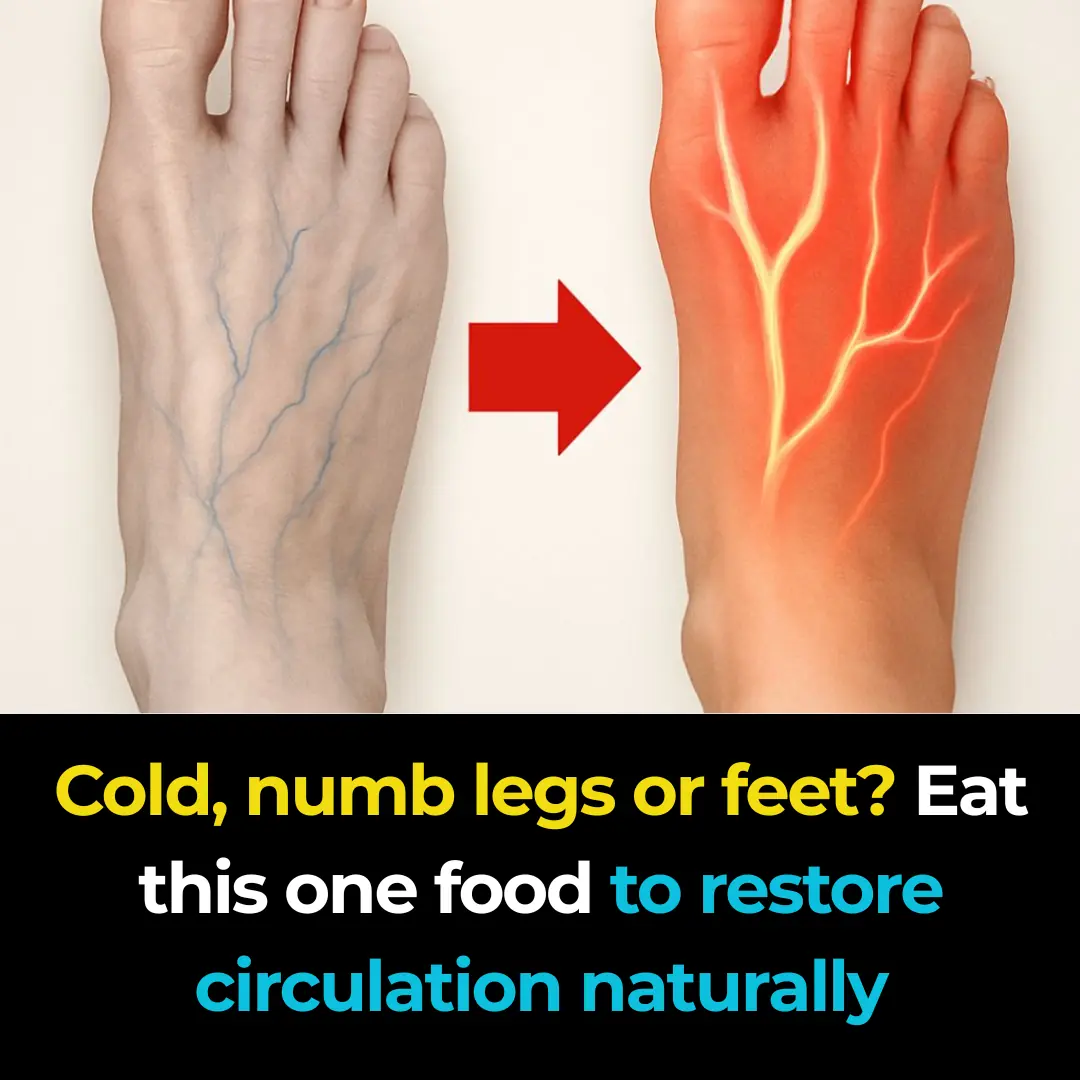
Cold, numb legs or feet? Eat this one food to restore circulation naturally

Tomato Extract: Better And Safer B::lood Thinner Than Aspirin
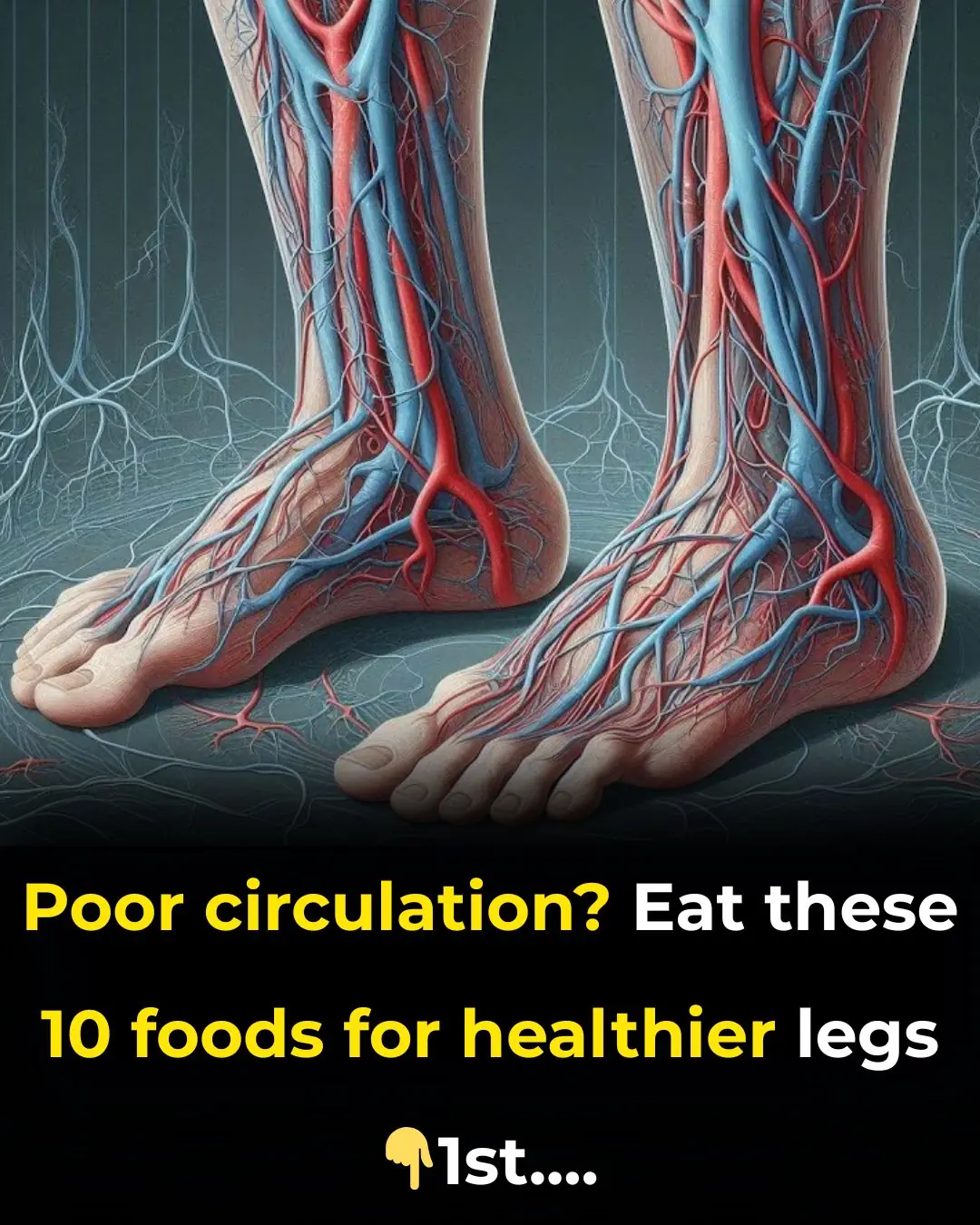
Top 10 foods that improve blood circulation in legs

Foods to Stimulate the Liver to Remove Toxins Fast

Why Some People’s Skin Turns Red When Drinking Alcohol

Things That No Longer Appeal to People With High IQs as They Age

10 Strange Habits of Highly Intelligent People That Others Just Don’t Understand, According to Psychology

Laser-Free Eye Surgery Could Correct Vision With Electrical Currents

Children Who Are Hugged Often Have Stronger Immune Systems, Studies Show

Why Charging Your Phone Overnight Might Be a Bad Habit

Blurred Vision in One Eye and a Headache: Don't Ignore These Warning Signs

Why a Hard-Boiled Egg Before Bed Could Be a Game-Changer for Sleep and Metabolism

Proven Health Benefits of Black Seed and Black Seed Oil

1 cup that instantly wakes your kidneys up and strengthens them naturally

This Is What Happens To Your Body When You Get Aspartame Poisoning From Diet Sodas
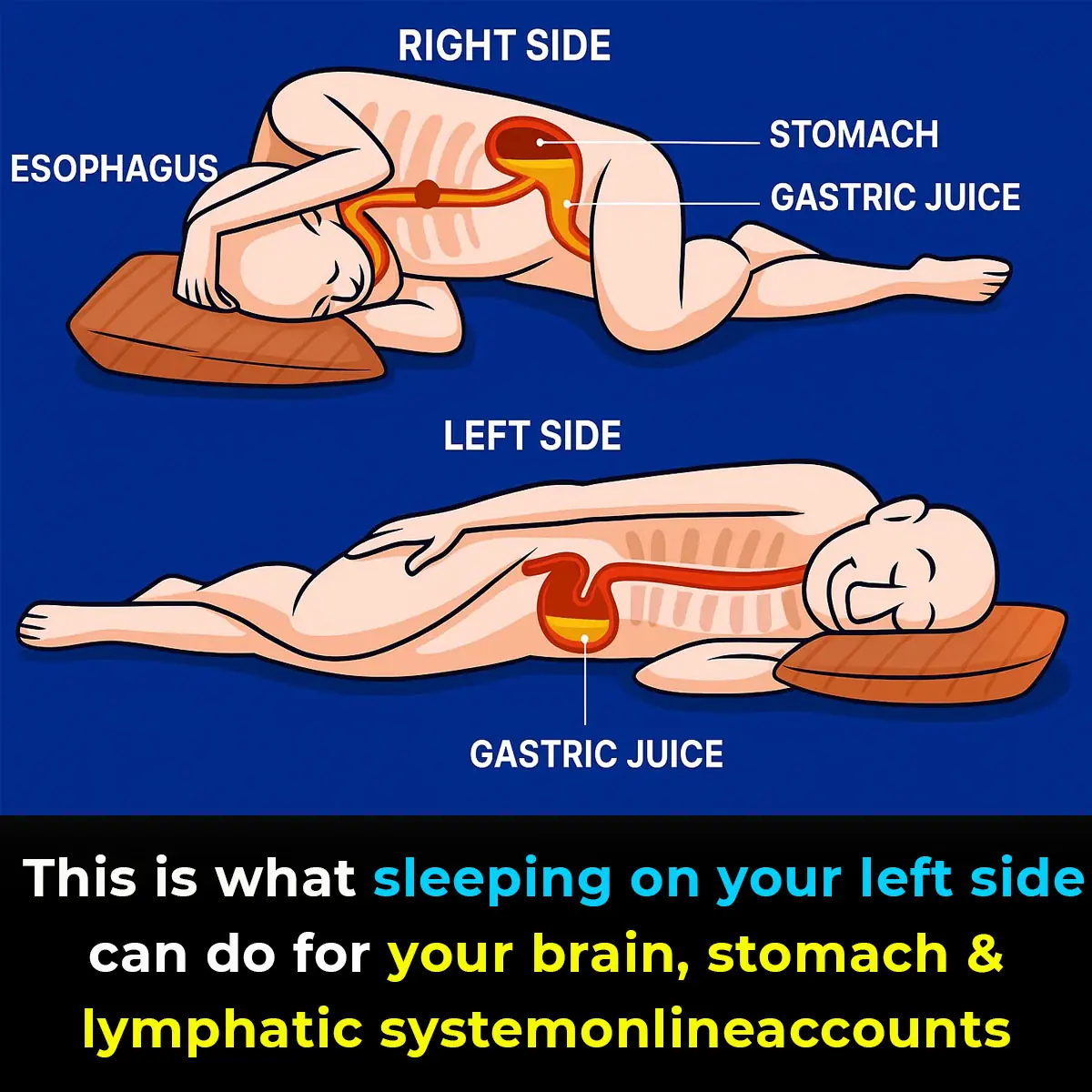
This is what sleeping on your left side can do for your brain, stomach and lymphatic system
News Post
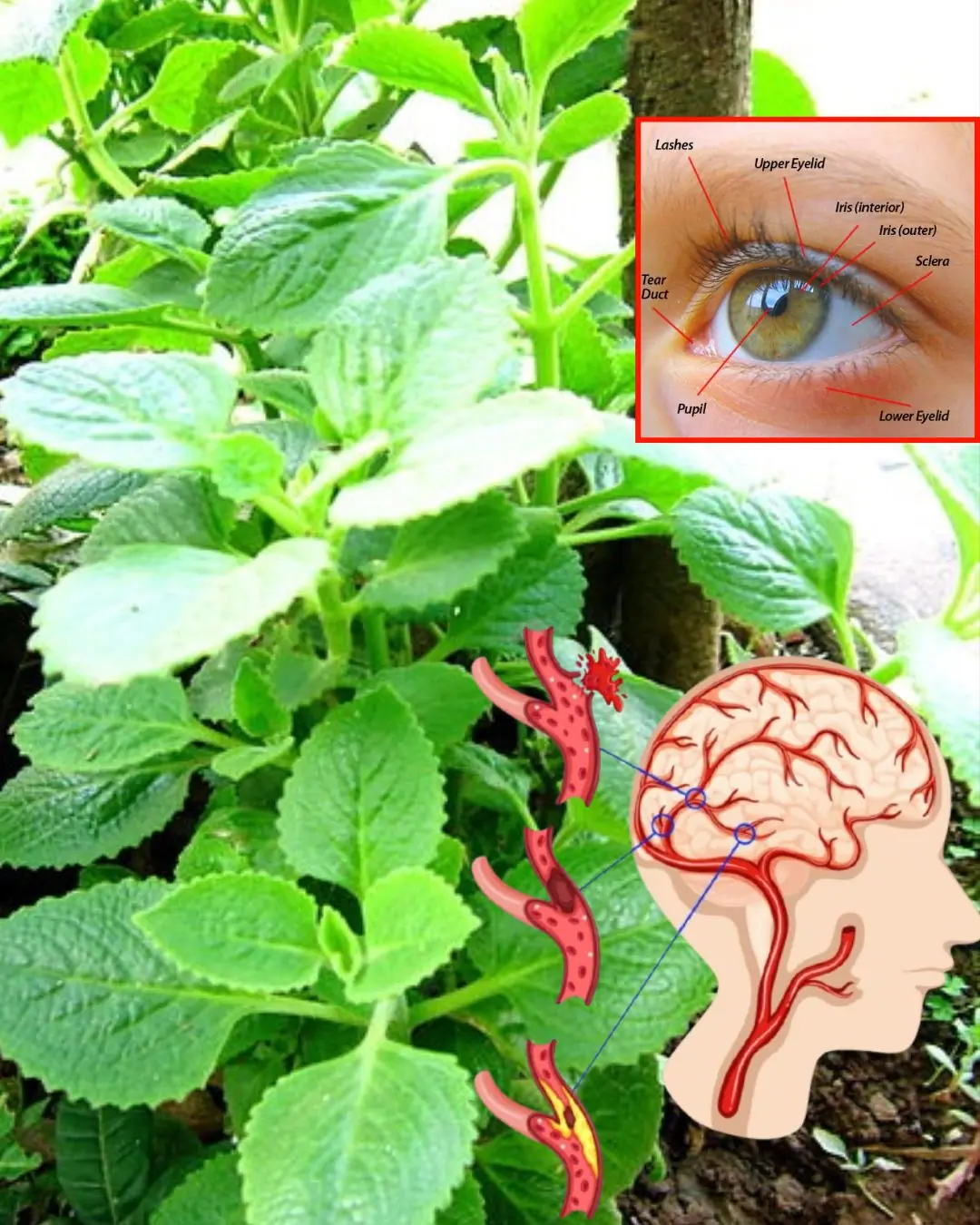
"The best plant for eyesight 👀 and much more… See more in the first comment."

The Spiritual Meaning of Black Butterflies Entering Your Home Revealed
Black butterflies carry meanings that are as complex as they are beautiful.

Add This Simple Ingredient to Your Mop Water and Keep Floors Shiny for Weeks
You don’t need fancy, high-priced cleaners to enjoy spotless, long-lasting results.

The Secret Use of the Tiny Hole in a Safety Pin Finally Revealed
That tiny hole in a safety pin is more than just decoration—it’s a brilliant example of how even the simplest tools can hold hidden design secrets. W

Bridal Glow Secret: One Glass of This Juice Daily Transforms Your Skin
This natural elixir is packed with antioxidants, anti-inflammatory compounds, and essential vitamins that work together to promote healthy, glowing skin.

Fenugreek & Onion: Thin To Thick Hair Naturally

Discover Garden Gold: Dandelion’s Hidden Power

DIY Anti-Aging Cream: Erase Wrinkles and Fine Lines Naturally at Home
By using natural ingredients like rice, honey, coconut oil, and aloe vera, you can create effective anti-aging creams that nourish, hydrate, and rejuvenate your skin.

The Black Serum To Get Long, Black Hair

Soak orange and grapefruit peels in vinegar to get a special type of water that can save you a lot of money.

Don't soak frozen meat in water. Listen to the chef's instructions on how to defrost it in 5 minutes and the meat will still be delicious.

Unbelievable amount Trump’s net worth has risen since taking office for second term

The Power of Chanca Piedra: 10 Benefits and Uses

Weight Loss Drink: Consume These 2 Detox Drinks To Lose Weight
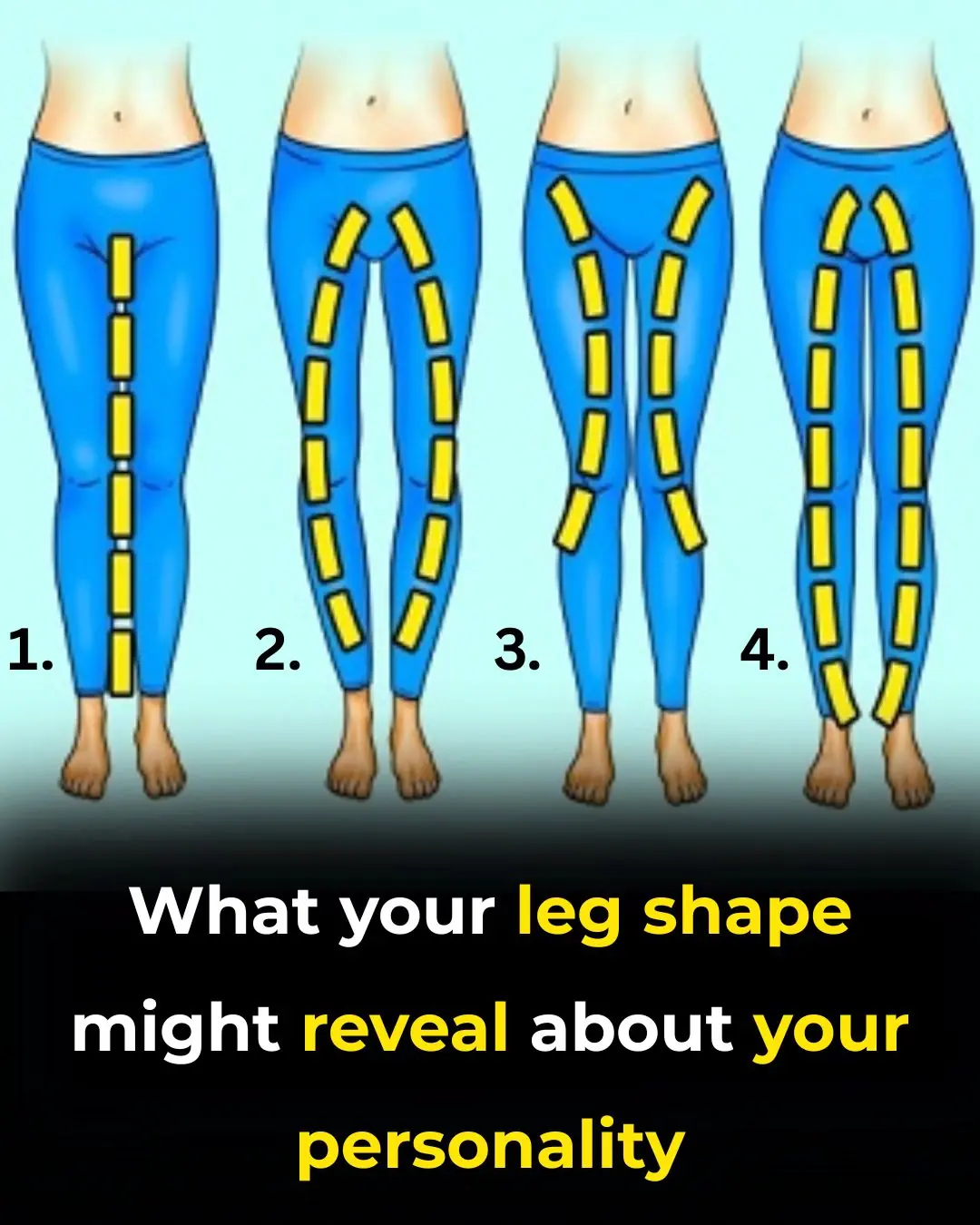
What the Shape of Your Legs Might Say About Your Personality

How surgeon who amputated his own legs was caught as he's sentenced to 32 months in prison

PlayStation handing out rare refunds to gamers over popular new game

🌿 17 Health Conditions That May Benefit from Guava Leaf Tea + Easy Homemade Recipe
